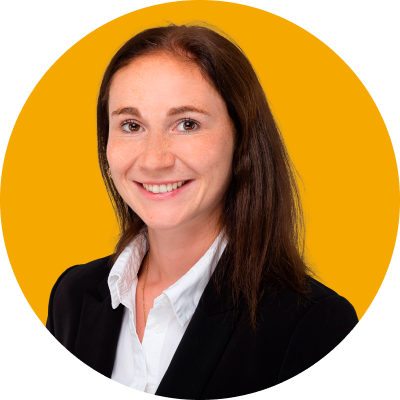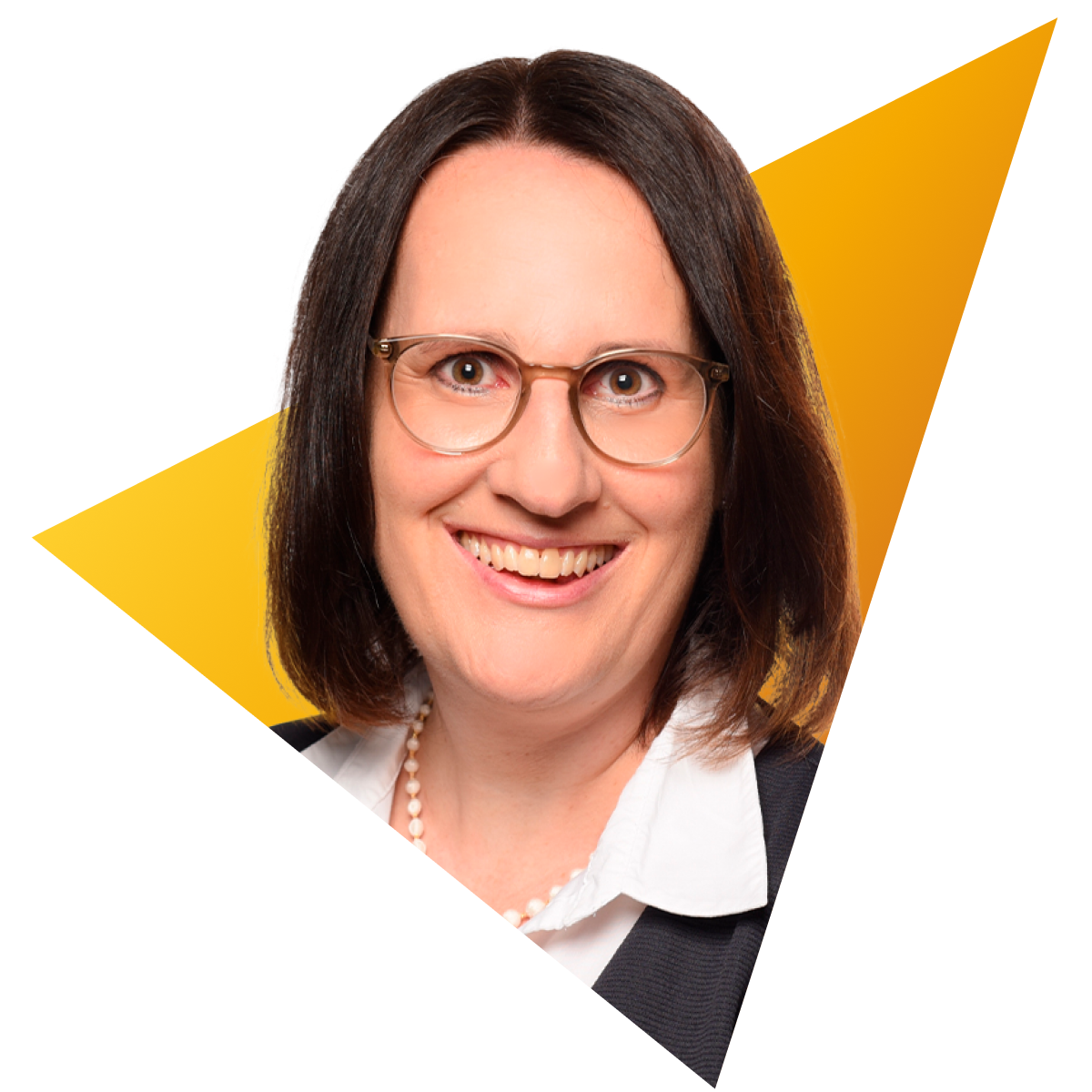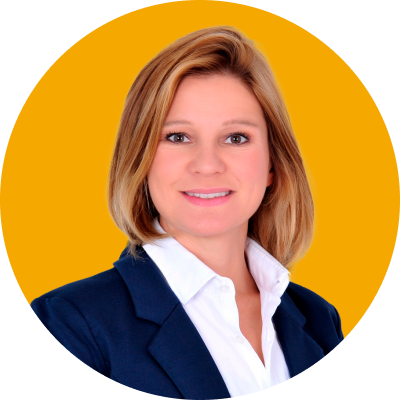Katja Freudling
Consultant, Frankfurt, Germany
Katja Freudling holds the position of Consultant at Horwath HTL Germany, where her areas of expertise include feasibility studies, project management, digitisation and conceptualisation.
Bio
Katja Freudling is a Consultant at Horwath HTL Germany, specialising in feasibility studies, project management, digitisation, and conceptualisation. Since joining the firm in July 2021, Katja has developed long-term strategies for real estate and hotel managers, with a particular focus on private investors. Her expertise also encompasses development, strategy, branding, and hotel asset management, making her a versatile professional in the hospitality sector.
Katja holds a Master's degree in Political Science, Intercultural Communication, and Economics from the Universities of Heidelberg and Jena. During her studies, she gained early professional experience at the International Trade Fair Center in Munich, where she developed an understanding of large-scale event operations and logistics. She began her career in publishing, serving as the Responsible Editor for a B2B automotive industry magazine, overseeing both content creation and production processes. She later transitioned to a B2C publication, where she managed the entire production workflow while contributing to writing and editing.
In 2019, Katja joined Nemis Consulting as a Project Manager, where she honed her project management skills and deepened her focus on the hospitality and real estate sectors. Her international outlook and strong proficiency in English, coupled with her expertise in writing, editing, and communication, enhance her ability to deliver clear, strategic insights to her clients.
Katja’s diverse professional background and interdisciplinary skill set make her a valuable asset at Horwath HTL Germany, where she provides tailored solutions to support the development and success of hospitality and real estate projects.
Katja's Experience
Bold Steps Forward
We help clients achieve extraordinary outcomes
Dutch Hotel Portfolio Valuation
Berlin and Osnabruck, Germany
Independent Feasibility Study Evaluation
Belgrade, Serbia
Feasibility Study for Proposed Concept
Neuss, Germany
Operational Analysis & Digital Transformation for SV Group
Multiple locations, Germany
PreOpening Support for Steigenberger GrandHotel and Spa
Heringsdorf, Germany
Strategic Operational Advisory
Biberach, Germany
Feasibility Study for TU Dresden University
Grillenburg, Germany
Feasibility Study for F&B Leases
Koblenz, Germany
Expert Insights
Cutting edge analysis
Rate adjustment due to wage agreement Increases
It is important to consider these wage increases both in the context of the past years (inflation) and also to recognize that inflation is already factored into these increases. Moreover, it is also understandable that an appropriate wage increases the attractiveness of the industry. Nevertheless, wage costs are often among the largest cost factors for hotels and, alongside other rising costs, contribute significantly to the financial pressure on businesses. This is reflected, among other things, in the approximately 1,200 insolvencies expected in the gastronomy sector in 2024, according to the information service provider CRIF. Unfortunately, no more recent data is available at this time. However, a clear pressure following the pandemic can be observed.

Between brand and individuality: how white-label operators influence the hotel industry
White-label operators are playing an increasingly important role in the hotel industry in Germany. But what exactly is behind this concept, and what opportunities and challenges does it present for the sector? We take a closer look at the key developments and their impact on the market.

Emerging trends in hotel design
To understand this development, it’s worth taking a closer look at the key societal themes shaping our time–topics directly reflected in how we think, act, and design. The eleven megatrends identified by the Zukunftsinstitut (Future Institute) illustrate this clearly: Sustainability has become a central factor in economic and social decision-making. At the same time, both an aging population and the younger Generation Z are placing more value on health and well-being.

International investors reshape the german-speaking hotel market
Over the past two decades alone, eight hotel brands in Germany have been acquired by international investors or hotel groups, including Innside (Melià, 2007), Steigenberger (Huazhu/H World, 2019), prizeotel (Radisson, 2019), 25hours (Accor, 2016–2020), me and all (Hyatt, 2024), Novum (IHG, 2024), Ruby (IHG, 2025), and now Motel One (PAI, 2025). A similar trend can be observed in Austria, exemplified by Wyndham’s acquisition of Vienna House in 2022. These consolidations are not only accelerating international expansion for the brands involved but are also reshaping the competitive landscape in German-speaking markets. Mergers create synergies that allow combined brands to offer more competitive pricing, putting pressure on independent hotel operators and locally owned brands. But what makes German and Austrian hotel brands so attractive to international investors

Between visibility and independence – the dominant market position of Booking.com
The online travel agency (OTA) Booking.com was founded in Amsterdam in 1996 and is now one of the best-known international booking portals for vacation accommodation.

The economic importance of tourism in Germany
Tourism is not only one of the most important economic factors worldwide, but also makes a significant contribution to the German economy.




